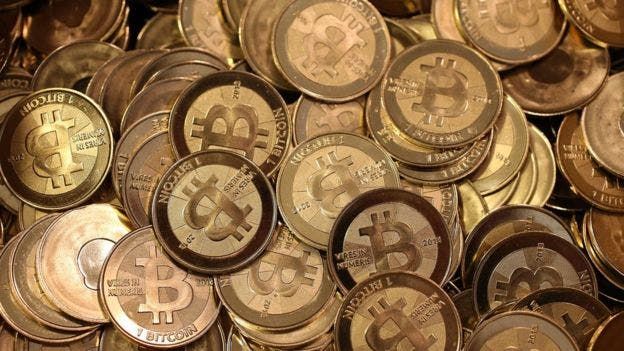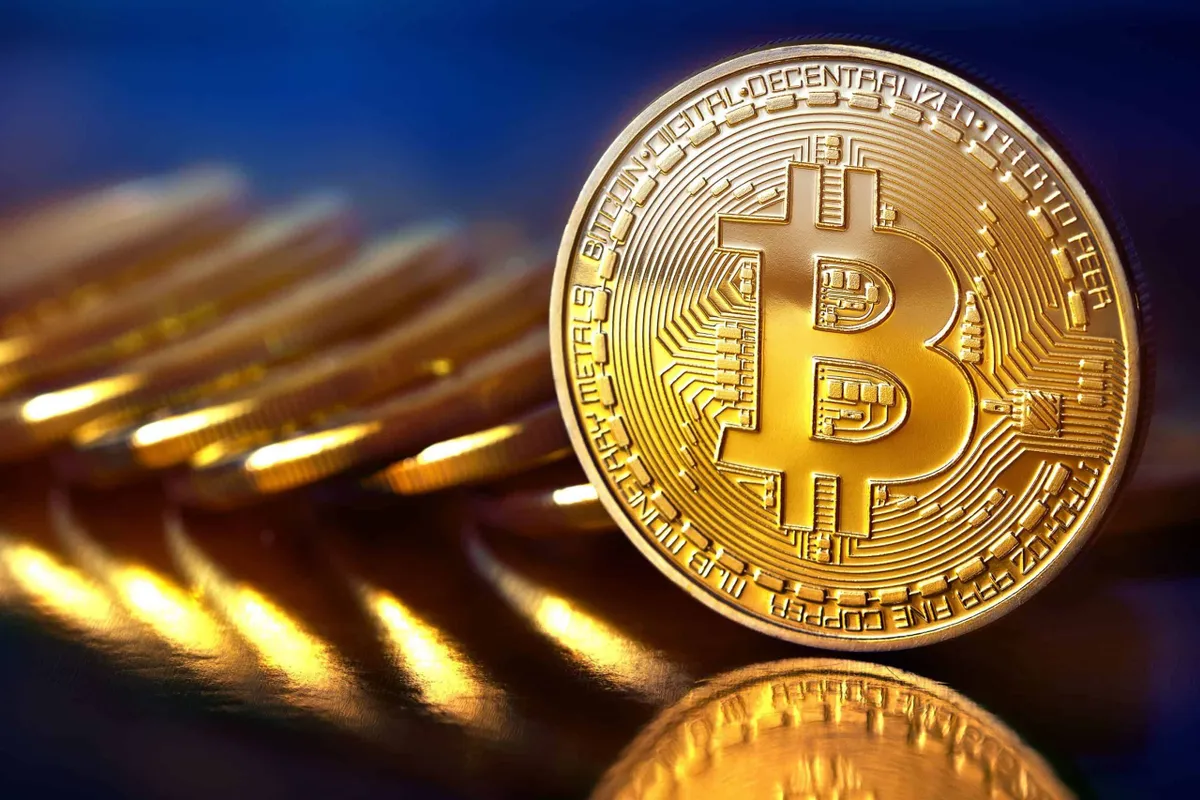Russia is considering accepting Bitcoin as a means of payment for its raw materials, such as gas or oil. Following the sanctions decreed by the West in the middle of the war in Ukraine, the Kremlin took the decision to no longer accept payments in euros or dollars from hostile countries.
The war in Ukraine has heightened tensions between Russia and the Western world. To punish the Russian invaders, the West decreed multiple sanctions. Several Russian media have been blocked in Europe while the assets of banks, oligarchs and MPs abroad have been frozen.
In retaliation, Russia decided to refuse the euro and the dollar as a means of payment for its gas. This Wednesday, March 23, President Vladimir Putin has indeed undertaken to refuse fiduciary currencies issued by hostile countries.
“I have taken the decision to implement a set of measures to switch to payment in rubles for our gas delivered to hostile countries, and to waive all payments for the currencies that have been compromised. It is clear that delivering our goods to the EU, the United States, and receiving dollars, euros, other currencies, no longer makes sense for us,” Vladimir Putin announced. This measure aims in particular to stimulate the value of the ruble, which has been falling since the first strikes in Ukraine at the end of February.
Russia may accept Bitcoin as payment for oil and gas

During a press conference, Pavel Zavalny, chairman of the Energy Commission of the State Duma in Russia, clarified that this measure concerns only the country hostile to the Kremlin. For “friendly” countries, such as China or Turkey, Moscow will offer greater payment flexibility regarding currencies.
“With Turkey, it can be liras and roubles. So there can be a variety of currencies, and that's common practice. If they want bitcoin, we'll trade bitcoin,” said Pavel Zavalny. Russia is obviously considering accepting payments in cryptocurrencies, such as Bitcoin, in exchange for its gas, and other raw materials exported by Russia, such as oil.
“When we trade with western countries…they should pay hard money. And hard money is gold, or they have to pay in currencies that suit us, and that's the national currency – the ruble,” the Russian politician clarifies. The term “hard money” connotes currency that has intrinsic economic value. This denomination opposes the currency backed by a commodity having a value; such as gold, to a currency whose only value is decreed arbitrarily.
This unexpected stance gave a boost to Bitcoin prices. The mother of cryptocurrencies briefly passed the $45,000 threshold. For several days, the price of the digital currency seems to be on the rise again. In this context, many market observers believe that Bitcoin could return to the path of $100,000. Currently, the currency rate has stabilized around 44,000 dollars.
Russia's potential interest in cryptocurrencies has raised concerns from Western central banks. Before Vladimir Putin's speech, Christine Lagarde, the President of the European Central Bank, accused cryptocurrencies of helping Russia; to " bypass the sanctions that have been decided by many countries around the world".






Place comments
0 Comments
You are currently seeing only the comments you are notified about, if you want to see all comments from this post, click the button below.
Show all comments